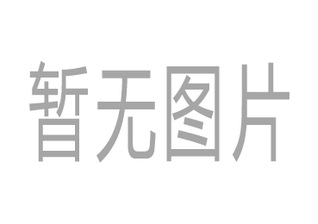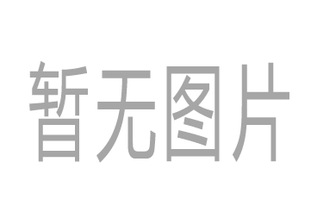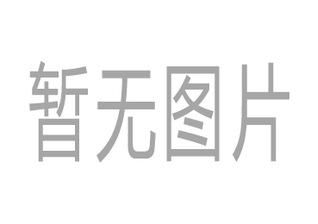The “MSW Education Peer Review” is a key initiative of the China Association for Social Work Education’s three-year project aimed at the high-quality development and overall empowerment of social work professional degree graduate education in the new era. Peer review is an effective method to ensure the quality of social work education. From May 12 to 14, 2024, at the invitation and entrustment of the China Association for Social Work Education, Professor Darla Coffey, former president of the Council on Social Work Education in the United States and faculty at the University of Pennsylvania School of Social Work, Professor Juha Hämäläinen from the Department of Social Sciences at the University of Eastern Finland, and other experts conducted a three-day peer review on the Master of Social Work (MSW) education at the School of Social and Behavioral Sciences (SSBS), Nanjing University (NJU).
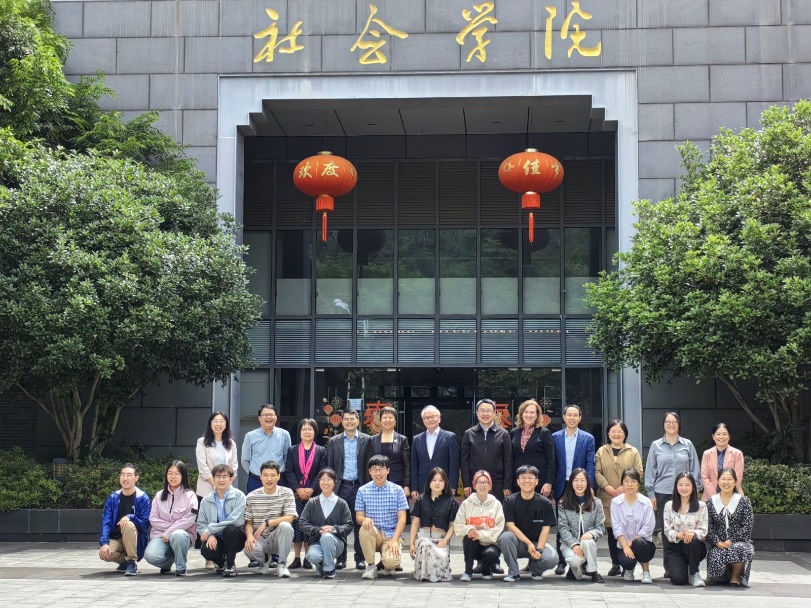
Fig.1 Group photo of the review expert team and MSW representatives
During the peer review, the expert group had in-depth exchanges with leaders of the NJU Graduate School, school internship supervisors, graduate advisors, current MSW students, MSW alumni, institution supervisors, and SSBS leaders. They got to know comprehensively the MSW student training process, discipline research, and internship program at SSBS.
On the morning of May 12, the peer review meeting was officially launched and the opening ceremony was attended by Professor Ma Fengzhi, president of the China Association for Social Work Education and faculty at Peking University’s Department of Sociology; Professor Yin Zhonghai from Jiangxi University of Finance and Economics; Professor Peng Huamin, vice president of the China Association for Social Work Education and faculty at NJU; Professor Zhang Liang, vice dean of the NJU Graduate School; Wang Jianfu, Party Secretary of the SSBS; Shen Hui, Deputy Party Secretary of the SSBS; Associate Professor Tian Rong, director of the MSW Education Center at NJU; Shi Yue from the China Association for Social Work Education; Wu Yang from Jiangxi University of Finance and Economics; and representatives of the faculty from the Department of Social Work, NJU. Professor Wu Yuxiao, Dean of SSBS at NJU, presided the opening ceremony.
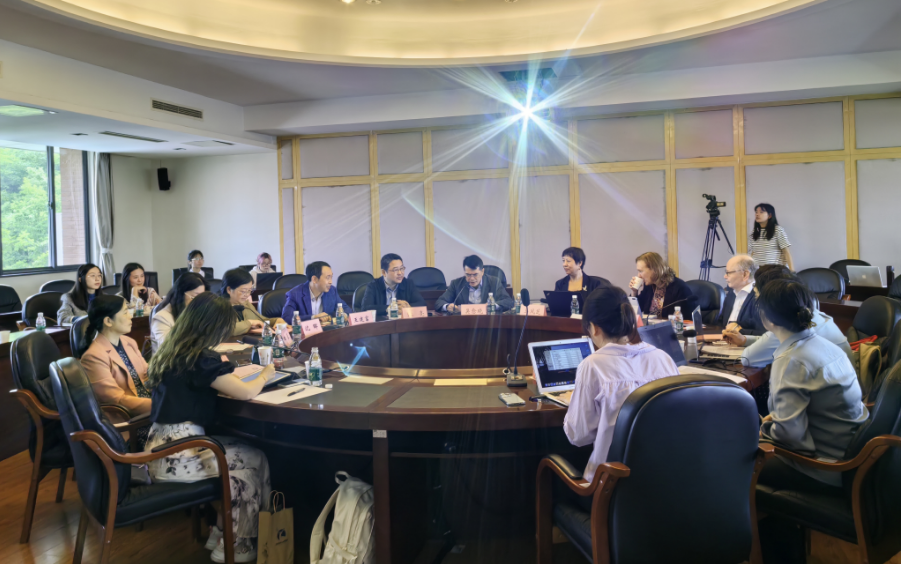
Fig. 2 Opening ceremony
Professor Ma Fengzhi introduced the basic situation of the China Association for Social Work Education, the background and content of the peer review project, and expressed the association’s expectations for this review.
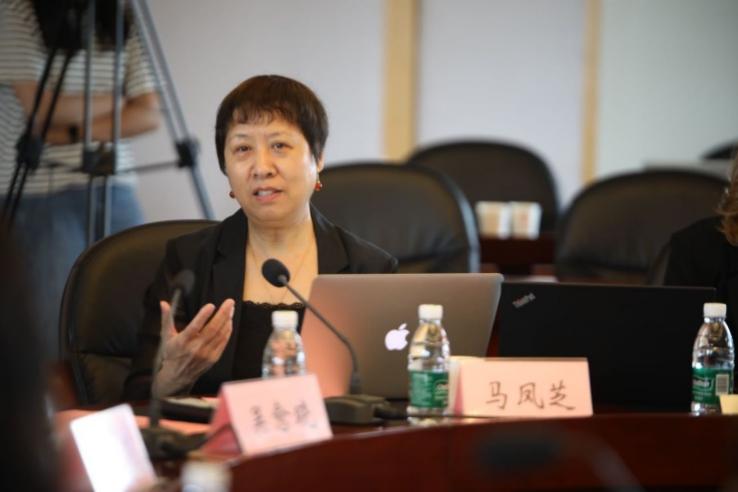
Fig. 3 Professor Ma Fengzhi at Department of Sociology, Peking University
Professor Zhang Liang introduced the current status of graduate training at NJU and the historical development of the MSW program at NJU to the participating experts and expressed hope that the review would better facilitate the training of MSW talents at NJU.
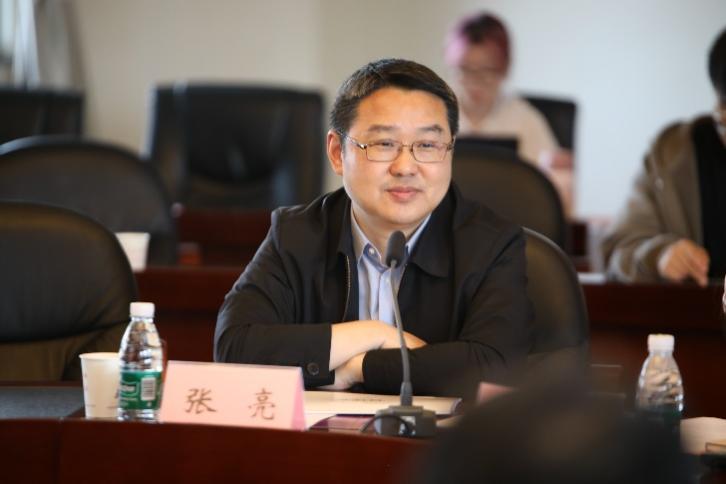
Fig. 4 Professor Zhang Liang, vice dean of the NJU Graduate School
Following this, the expert team engaged in in-depth exchanges and interactions with the NJU representatives on the development opportunities of the MSW program, disciplinary development needs and vision, international and localized practices, course settings, and internship arrangements. The parties discussed the trends of specialization and internationalization in the field of social work, providing valuable opinions for the improvement and enhancement of social work education.
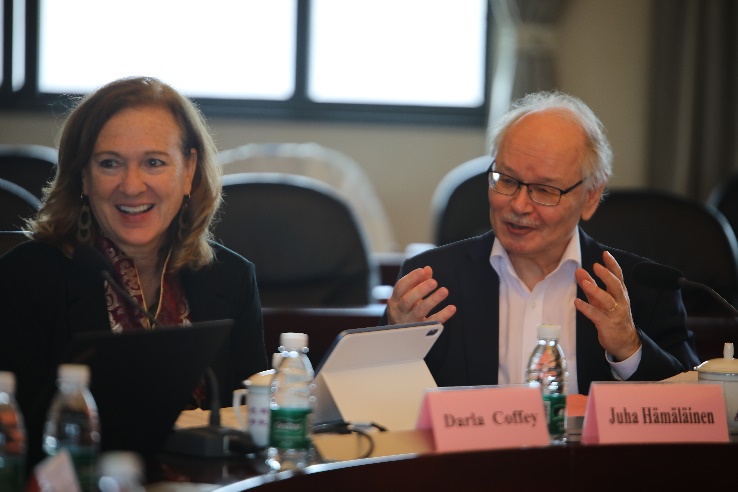
Fig. 5 Professor Darla Coffey (left), and Professor Juha Hämäläinen (right)
On the afternoon of May 12, the experts held symposiums with current and graduated MSW students to further understand their perceptions of the training process at the university and their views on the speciality.
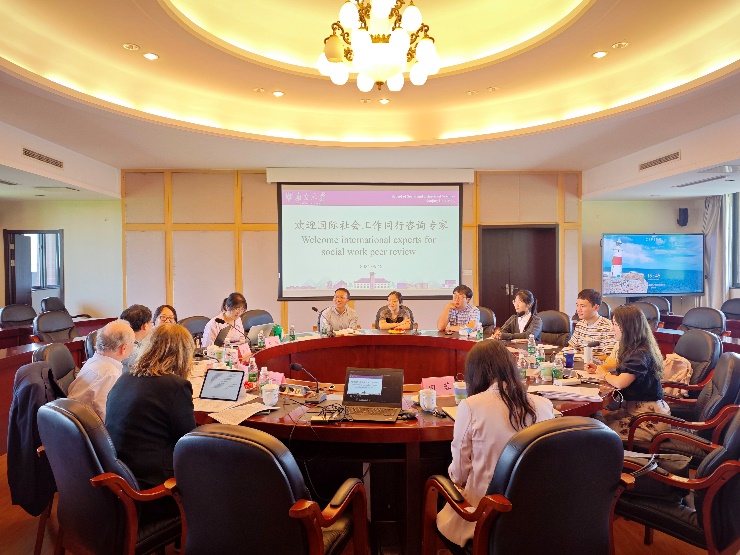
Fig. 6 Symposium with current MSW student representatives
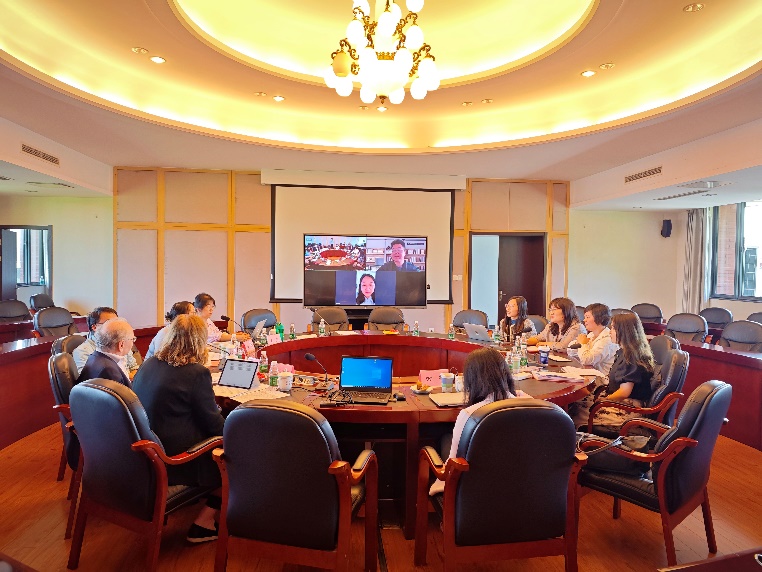
Fig. 7 Symposium with graduated MSW student representatives
On May 13, the expert team conducted in-depth interviews with NJU department heads, project leaders, SSBS leaders, and representatives from internship institutions. These interviews focused on the current status and challenges of the social work teaching system, internship practices, and how the university and internship institutions could collaborate more deeply to provide higher-quality MSW education. Through exchanges with practitioners, the expert team gained a deeper understanding of the development of local social work service organizations, their cooperation modes with academic social work programs, and the management and supervision of MSW interns.
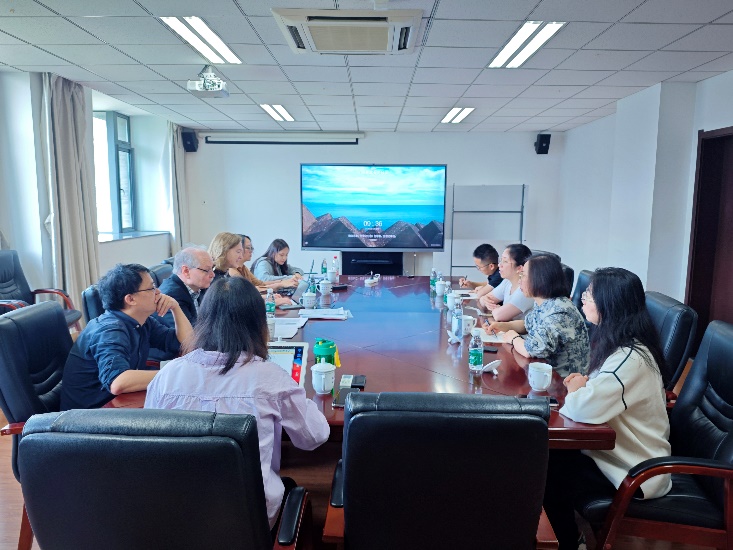
Fig. 8 Symposium with internship supervisor representatives
On the morning of May 14, faculty from the Department of Social Work and Social Policy at NJU, along with the expert team, visited the NJU History Museum. This visit enhanced their understanding of the MSW development context and the comprehensive strength of NJU. Subsequently, the expert team visited the group work studio, case work studio, and laboratory to understand the current hardware facilities for professional development and to exchange views on the use of various functional rooms. Associate Professor Tian Rong introduced the expert team to the internship manual, core course syllabus, and other textual materials of the MSW program, providing a deeper understanding of the program’s curriculum structure, internship system, and training situation. The review experts offered some suggestions for the social work education at NJU, aiming to promote the high-quality development of social work education.
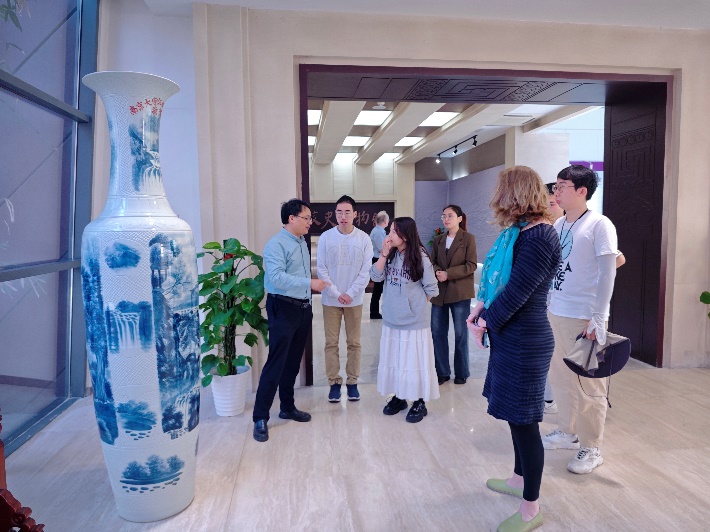
Fig. 9 NJU History Museum visit
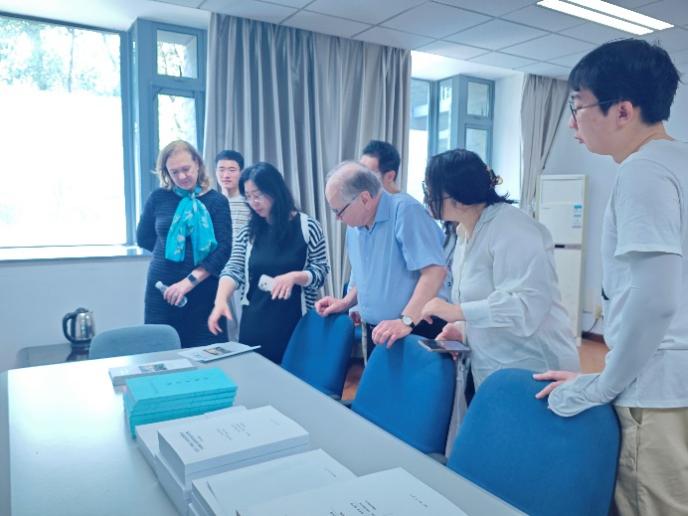
Fig. 10 Discussion about the MSW text materials
Based on the suggestions of the peer review, the SSBS at NJU will further increase investment to improve the MSW training system in terms of professional development positioning, talent training goals, course settings, and student internship arrangements, striving to enhance the level of professionalism and internationalization of MSW education and actively promote the high-quality development of MSW education.



